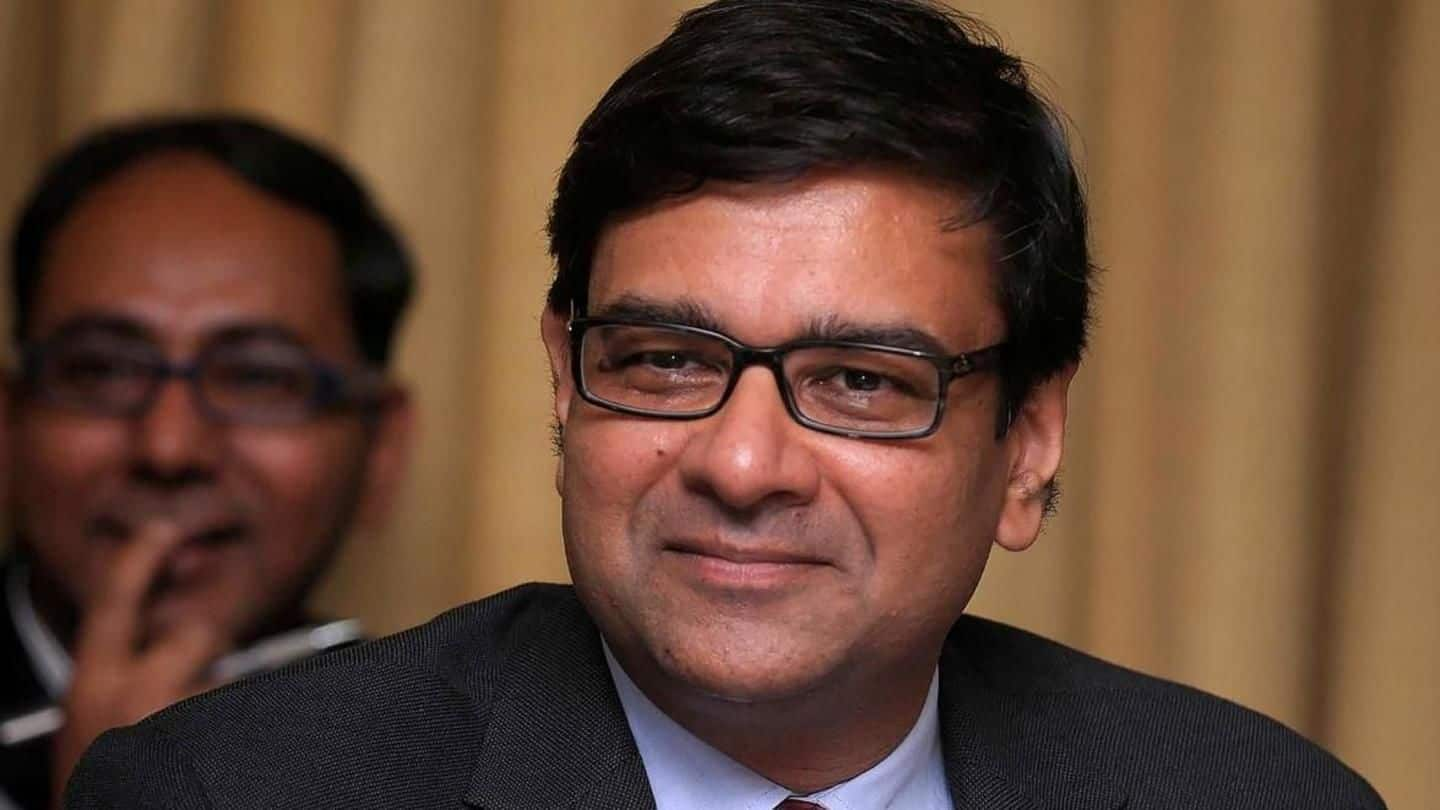
India's pace of growth to accelerate in 2018-19: RBI Governor
What's the story
Asserting that the Indian economy turned in a resilient performance in 2017-18, RBI Governor Urjit Patel has said the country's growth is expected to accelerate in 2018-19. Although the real GDP growth was moderated to 6.6% from 7.1% a year ago, there was a strong rebound in the second half of the year on the back of a turnaround in investment demand, he said.
Accelerating growth
Acceleration in manufacturing, rising sales, pick-up capacity utilization support growth
Addressing the IMF Committee in Washington the RBI Governor said, the growth was supported by the acceleration in manufacturing, rising sales growth, a pick-up in capacity utilization, strong activity in the services sector and a record agricultural harvest. Since global demand has been improving, Patel said real GDP growth was expected to expand at 7.4% in 2018-19, with risks evenly balanced.
Inflation
Spike in vegetables prices pushed up inflation
Patel said since November 2016, headline consumer price inflation had generally remained below the medium-term target of 4%. An unusual spike in vegetables prices pushed up inflation to a recent peak of 5.2% in December, but it eased in subsequent months to reach 4.3% in March, he said. Moderation in food prices and normal monsoon were likely to influence the inflation outlook, he said.
Monetary policy rate
Monetary policy rate kept unchanged at 6.0% in April 2018
"Upside risks emanate from the distinct hardening bias in crude oil prices, the steady firming up of inflation excluding food and fuel mirroring pick up in domestic demand among others," Patel said. Noting that risks to inflation are tilted to the upside, the monetary policy rate was kept unchanged at 6.0% in April 2018 with a neutral stance, he said.
Gross fiscal deficit
GFD was brought down to 3.5% in 2017-18
Asserting government is committed to fiscal prudence, Patel said the gross fiscal deficit (GFD) of the central government has been steadily brought down since 2013-14 to 3.5% of GDP in 2017-18. The GFD is budgeted lower at 3.3% in 2018-19. The government has accepted a debt rule that will bring down debt-to-GDP ratio to 40% over a period of time by 2024-25, he added.
GST
GST reformed the system of indirect taxes
Patel said the goods and services tax (GST), which was implemented from July 2017 has reformed the system of indirect taxes by simplifying payments and credits and improving the efficiency of movement of goods across the country. Automation of tax payments and "team-based assessment with dynamic jurisdiction" without direct interface with taxpayers has improved overall efficiency and transparency of revenue administration, he said.
Current account deficit
CAD expanded from 0.7% in 2016-17 to 1.9% in 2017-18
Patel said with the pace of import growth relative to that of exports, the current account deficit (CAD) expanded from 0.7% in 2016-17 to 1.9% for the first nine months of 2017-18. UNCTAD's survey ranked India as the third most favored FDI destination for 2017-19. Reflecting these developments, India's foreign exchange reserves at $424bn were equivalent to 11 months of imports, he added.
Information
Measures to improve ease of doing business in India
"India has persevered with structural reforms over a wide area ranging from a flexible inflation targeting framework for monetary policy, a unique identification backed direct-benefit transfers, the GST and a swathe of measures for improvement in the ease of doing business more generally," Patel said.